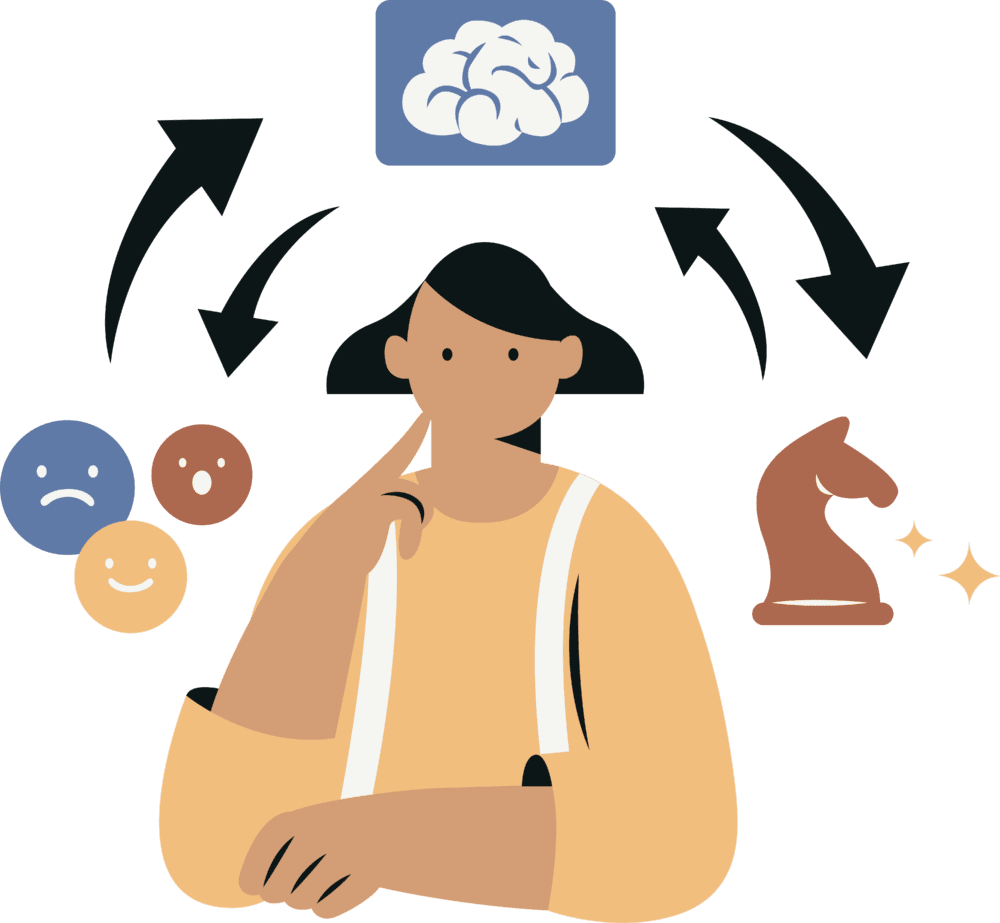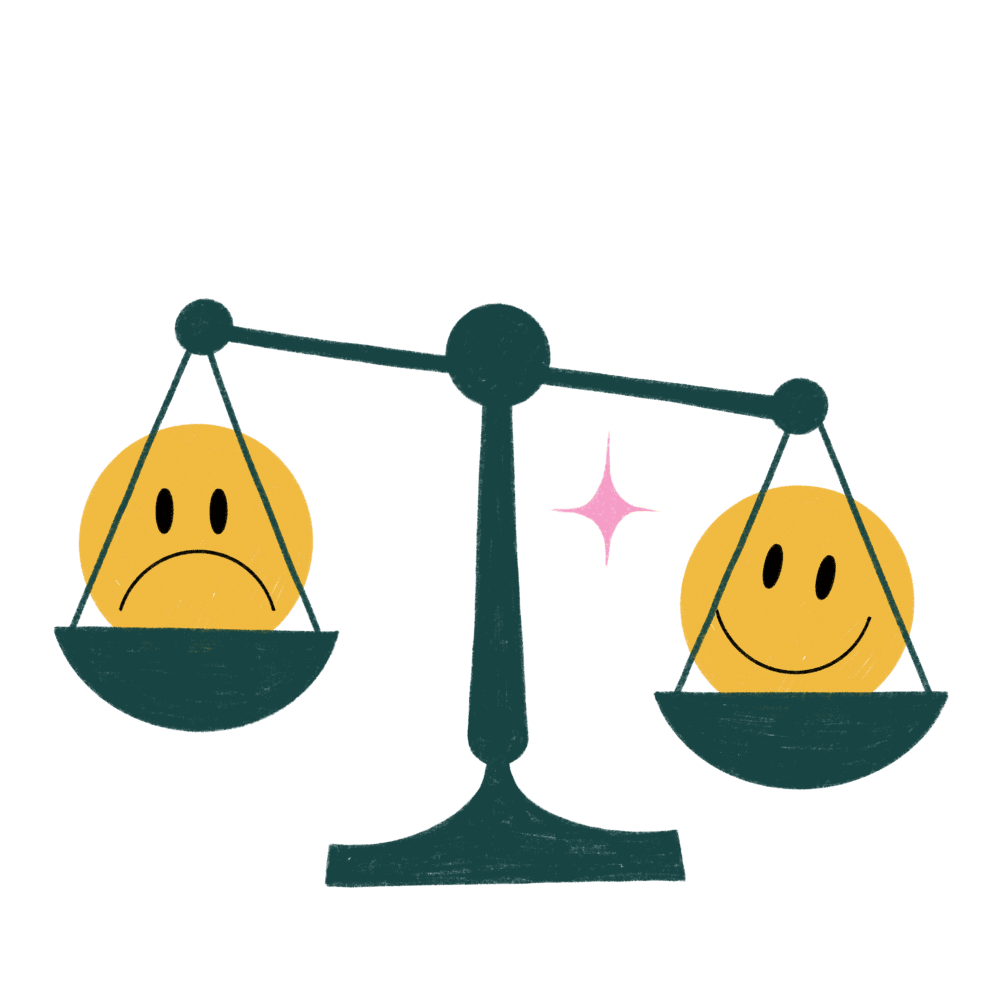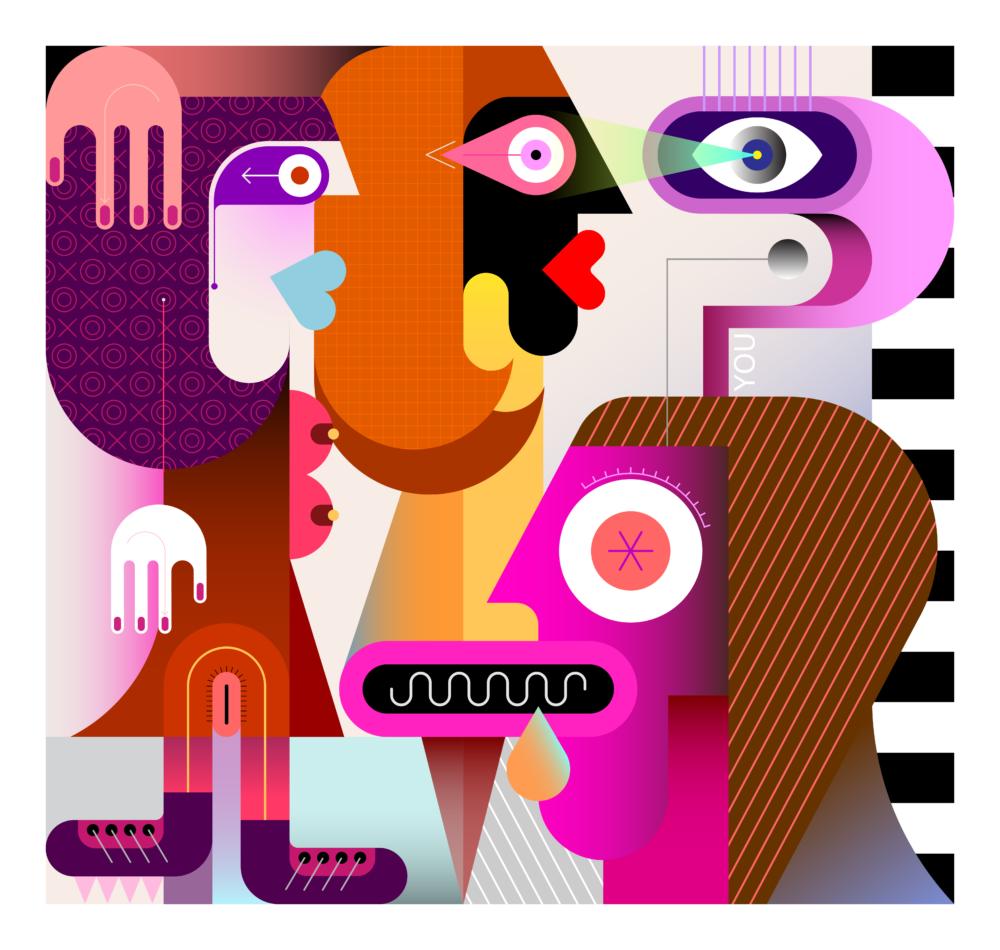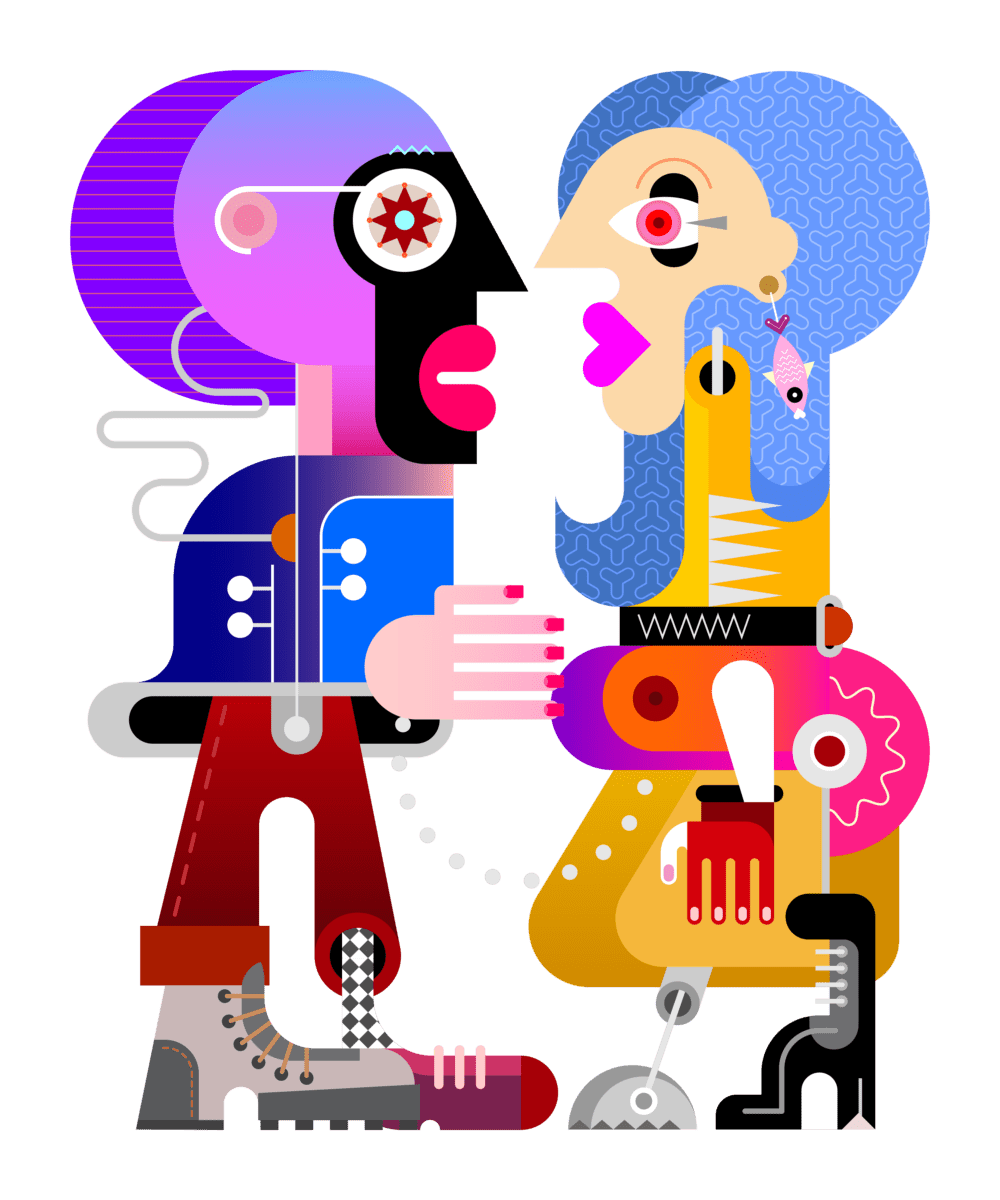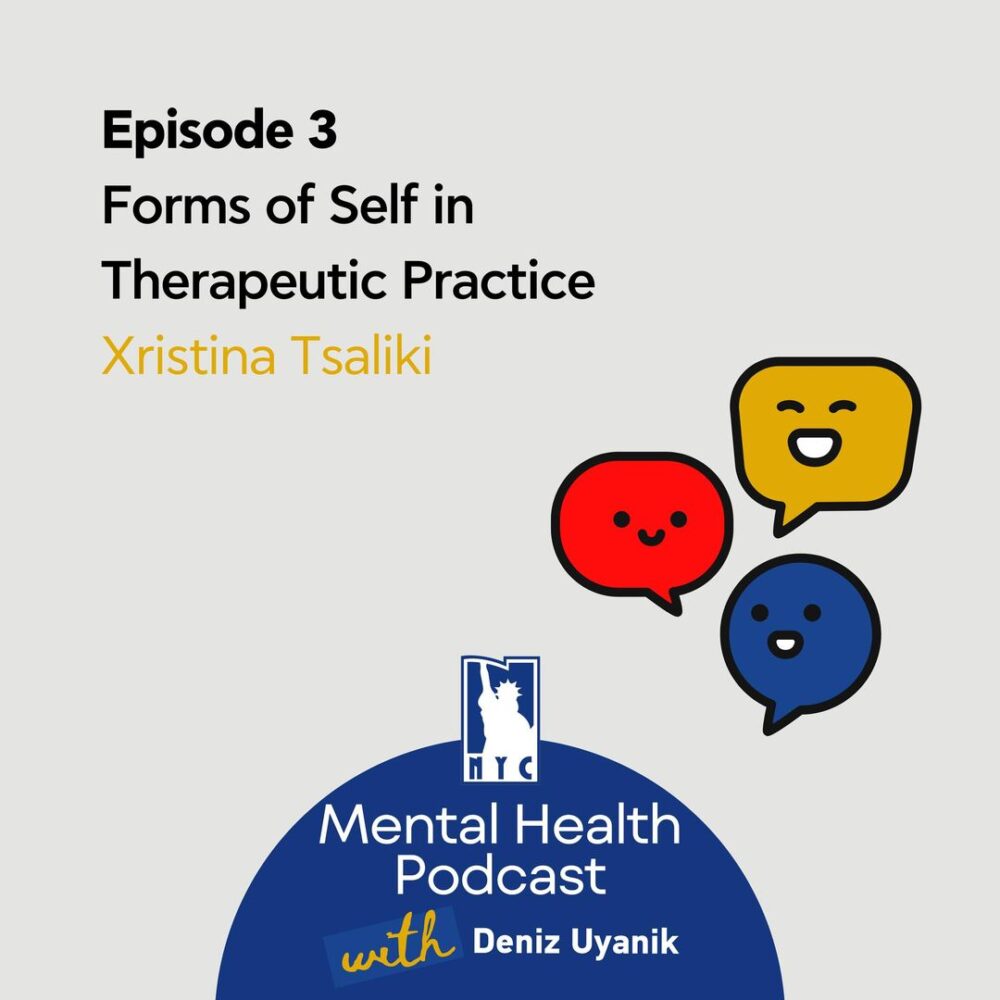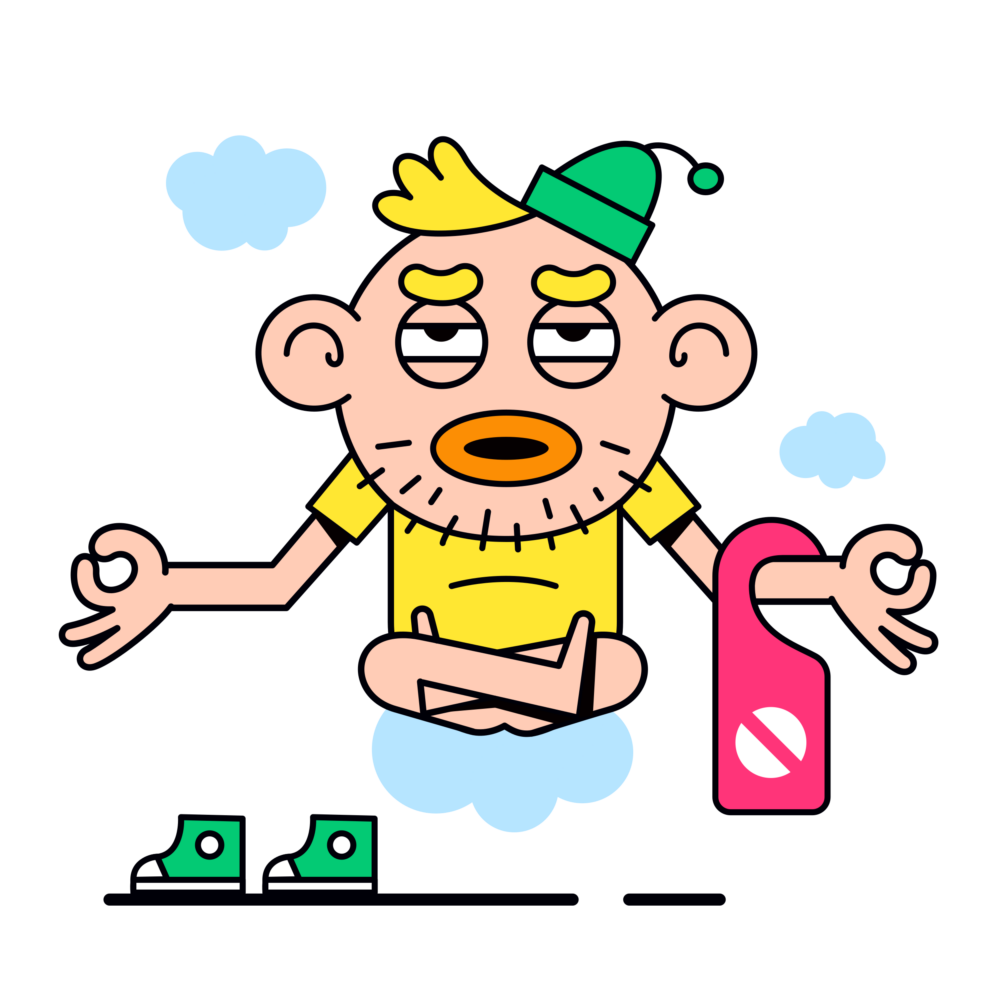When faced with uncertainty, most of us try to make sense of things. We search for explanations, weigh up what feels right, and eventually settle on an answer. This everyday process is what psychologists call lay epistemology — a theory by Arie Kruglanski that explores how people form and maintain their beliefs. What does it… Continue reading
Category Theories – Models
What is the Cognitive Triad?
The cognitive triad is a fundamental concept in cognitive behavioral therapy (CBT), a widely-used approach to treating mental health issues like depression and anxiety. This concept was developed by psychiatrist Aaron Beck in the 1960s. It serves as a framework for understanding how our thoughts can affect our emotions and behaviours. The cognitive triad refers… Continue reading
Individual Therapy or Couples Therapy to Solve Relationship Problems ?
Relationship problems can be challenging, and deciding whether to seek help through individual therapy or couples therapy can be confusing. Both options offer tools and insights, but which is the best choice for you? Let’s explore the benefits of each and how to choose the right path. Individual Therapy: Focusing on Personal Growth Benefits: When… Continue reading
The Modern Quest of Quick Dopamine Releases
The quest for instant gratification has never been more evident. The driving force behind this urge is dopamine, a neurotransmitter that plays a role in how we feel pleasure. But how exactly does dopamine work, and why are we becoming more attuned to quick dopamine releases? This article explores activities that trigger dopamine and examines… Continue reading
What is Libido in Freud’s Theory?
The term “libido” is often associated with sexual desire, but its roots in Sigmund Freud‘s psychoanalytic theory reveal a deeper meaning. In this article, we’ll explore Freud’s concept of libido, its origins, development, and role in understanding human behaviour. 1. What is Freud’s concept of libido? Libido, according to Freud, represents the energy of life… Continue reading
What is Trichotillomania (Hair-Pulling disorder)
Trichotillomania, often referred to as hair-pulling disorder, is a condition where individuals feel a strong urge to pull out their own hair. This can lead to noticeable hair loss, distress, and impairment in daily functioning. Cognitive Behavioral Therapy (CBT) has proven effective in managing Trichotillomania. This article explores the disorder, its symptoms, and how CBT… Continue reading
Mental Health Podcast Episode 3 – Forms of Self in Therapeutic Practice with Xristina Tsaliki and Deniz Uyanik
In this episode, we will explore how different concepts of the self play a crucial role in therapy. We’ll discuss how understanding these forms can enhance therapeutic outcomes, promote self-awareness, and foster personal growth. While discussing Forms of Self in Therapeutic Practice, Christina will share her insights and experiences, offering valuable perspectives for practitioners and… Continue reading
Polyphonic self
The concept of the polyphonic self is rooted in the idea that an individual’s identity is composed of multiple, sometimes conflicting, voices or aspects. This concept draws on theories from psychology, narrative therapy, and literature, emphasizing the complexity and multiplicity of human identity. Here are the key elements of the polyphonic self: Key Concepts of… Continue reading
Irreverence in Therapy
The concept of irreverence in psychotherapy, particularly in systemic and narrative approaches, refers to a therapeutic stance where the therapist intentionally disrupts conventional or respectful attitudes to challenge existing power structures, beliefs, or patterns within the therapeutic process. This approach can encourage change, promote creativity, and stimulate clients to view their situations from new perspectives…. Continue reading
Understanding Internal Family Systems Therapy and Its Core Concepts
Internal Family Systems (IFS) Therapy is a transformative, evidence-based approach to psychotherapy that has gained widespread recognition for its effectiveness in addressing a range of mental health issues. Developed by Dr. Richard C. Schwartz in the 1980s, IFS therapy views the mind as a system of different parts, each with its perspective and roles. Here,… Continue reading


